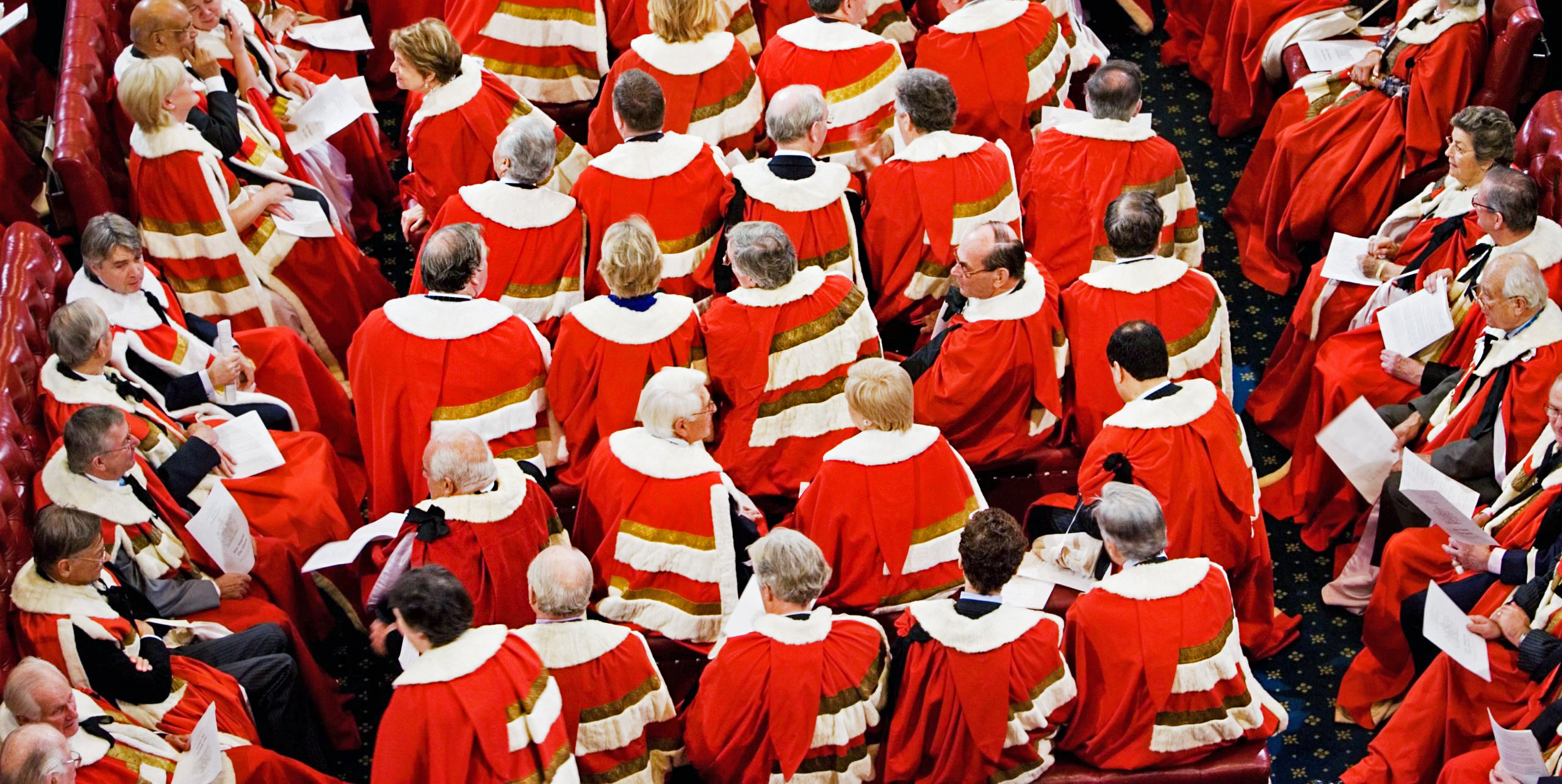Yesterday an investigation by the Sunday Times and OpenDemocracy examined how donors to the Conservative party kept mysteriously ending up with peerages. The story caused a a predictable outcry. But placed in the context of British political history it was typical.
Along with “six weeks to save the NHS”, “Cash for Honours” is one of the most enduring tropes of British political life. In September one of Prince Charles’ senior aides was accused of having sold a CBE to a Saudi businessman for a £1,5 million donation to one of the Prince’s charities. In October, it was alleged that someone had bought a life peerage for £150,000 in party political donations.
All of these stories have fomented the usual backlash — tiresome think pieces about how the whole damned honours system should be thrown away or reformed. Of course, I don’t know if any of the accusations are true — but even if people somewhere in this country are selling honours for filthy lucre, so what?
Think about it. The CBE is a nice blue cross hung on a ribbon. It’s pretty, but the idea that putting those three letters behind your name is worth the price of a central London one-bedroom flat is insane. Sometimes you can’t even give them away for free. When Mrs Thatcher offered one to her election guru Gordon Reece, he was so offended by its lowly status that he told her to get stuffed. The filmmaker Michael Winner once refused the even lower-ranking OBE because it’s “what you get if you clean the toilets well at King’s Cross station”.
Sell a thousand CBEs for £1.5 million and the Royal Navy could pay for a new destroyer. Is the honour of the now-defunct British Empire really worth that much?
Peerages are a trickier business — they carry some real-life benefits. You get an attendance allowance if you show up at the House of Lords, and being a lord does make it easier to book tables at restaurants. If someone got one for £100,000, the real scandal would be that it was sold so cheaply. In any society, there is going to be influence-peddling and the rich are always going to have an outsized influence on politics: why not charge them the full economic cost, instead of under-selling and pretending to be outraged at the idea afterward?
If anything, Britain should adopt an open and transparent approach to honours selling. Thailand, for instance, publishes an official price list for honours: for a measly 1,500,000 bahts, or about £33,000, you can become a Companion of The Most Admirable Order of the Direkgunabhorn, which is roughly equivalent to a CBE. The Chakri dynasty which grants them is far more interesting than the Windsors: the Thai king’s ancestors were leading punitive expeditions on war elephants when the later Hanoverians were busy contracting gout and having affairs with B-list actresses. Yet people are (allegedly) willing to pay 40 times more money for the British version: that’s what British soft power looks like.
In any case, we already accept the idea that money can buy you prestige or even immortality of a sort. You can buy the naming rights to about anything, from park benches to university chairs. Oxford has recently auctioned the naming rights to its newest college for £80 million, which will enable a lot of clever people to do clever things. Another college, Linacre, will be renamed for a cool £150 million, losing the name of the man who taught Greek to Erasmus for that of the queen of Vietnamese discount airlines, but financing a lot of scholarships in the process.
Vanity has always been a powerful inducement for the wealthy to give away lots of money for good causes instead of hoarding their cash, and there is no reason the honours system should not operate on similar principles, in addition to honouring the conventionally worthy, of course.
Don’t think of selling honours as corruption, but as a form of indirect taxation on human frailty.











Join the discussion
Join like minded readers that support our journalism by becoming a paid subscriber
To join the discussion in the comments, become a paid subscriber.
Join like minded readers that support our journalism, read unlimited articles and enjoy other subscriber-only benefits.
Subscribe